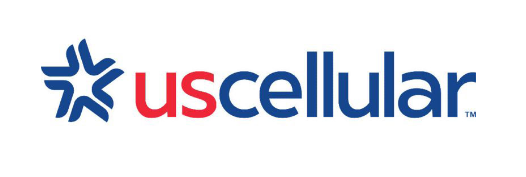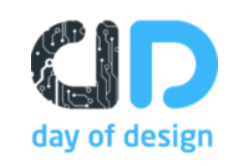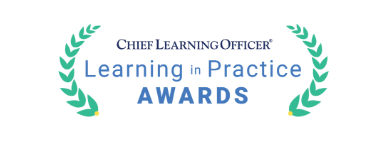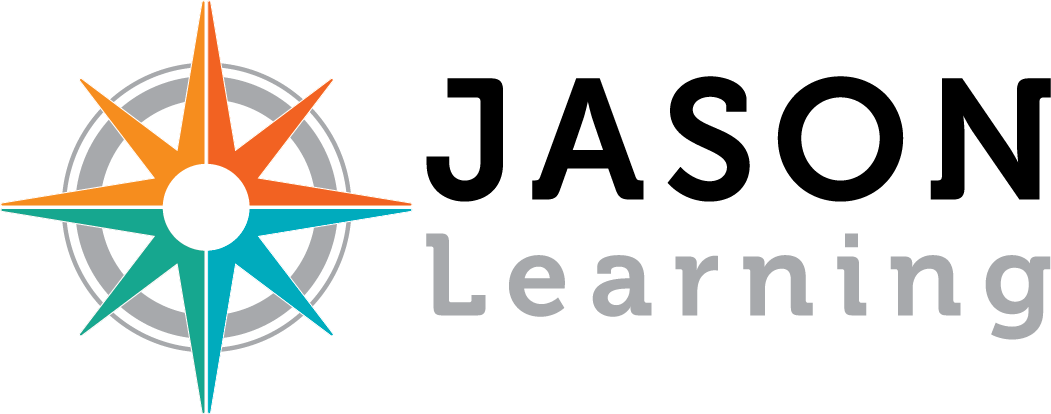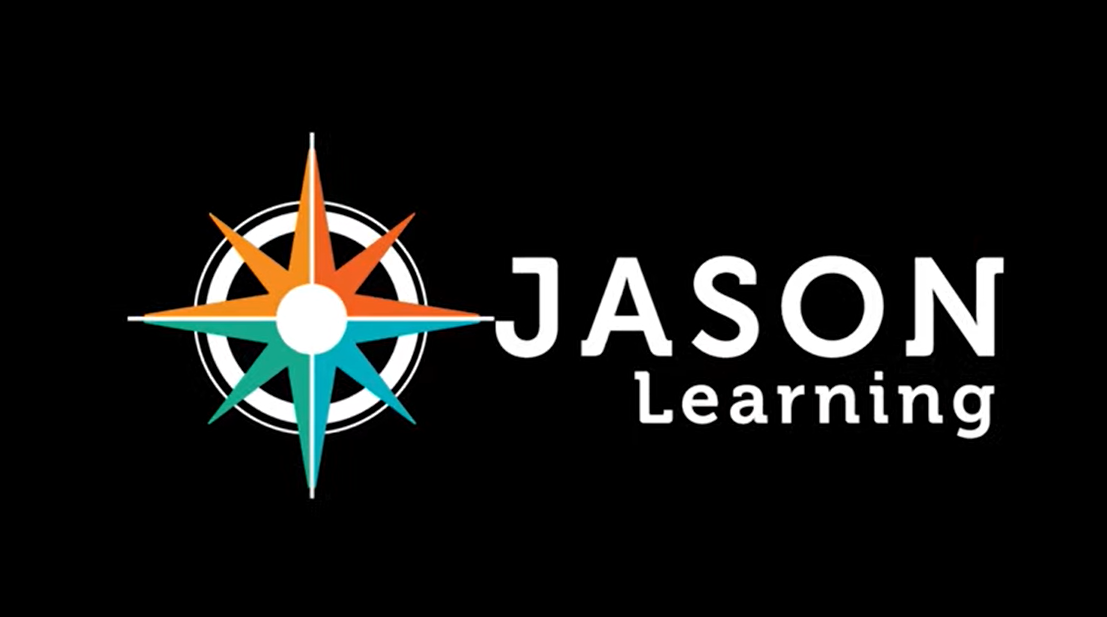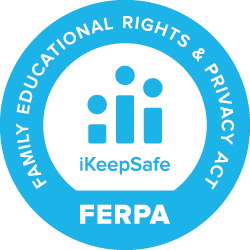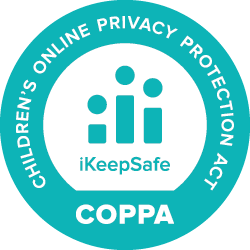Open-source materials are materials that are freely available for use, modification, and distribution. The materials were created by experts in the field and can be used to create a collaborative learning environment, allowing students to learn from each other, share ideas, and give back to the community.
Free, Open-Source STEM Materials
JASON Learning has numerous open-source (free!) materials that can be used in addition to your existing access or can be used to try JASON in your classroom! These content collections, resources, and activities have been designated as freely available to share our work and impact with as many students and educators as possible.
Nationwide Open-Source Materials
Why is JASON Learning providing open-source materials?
JASON provides open-source materials for K-12 STEM education to help promote the development of STEM skills in ALL students. This helps to ensure that all students have access to quality STEM education, regardless of their zip code and economic status.
Who can use open-source materials?
Anyone can use our open-source materials to learn and develop their STEM skills, including individuals, businesses, and organizations.
Design and Pitch Challenges in STEM
Click boxes for access
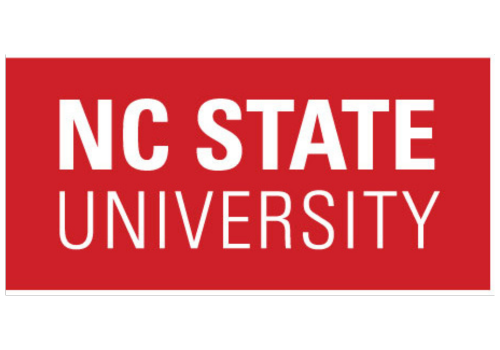
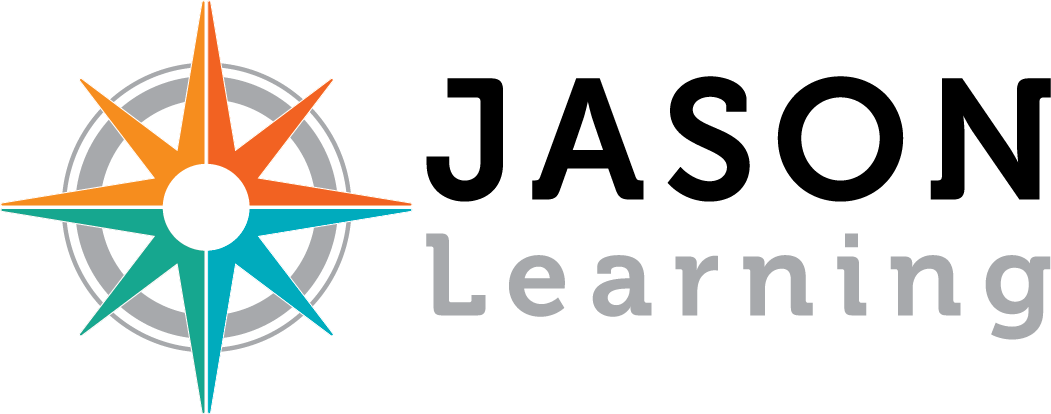
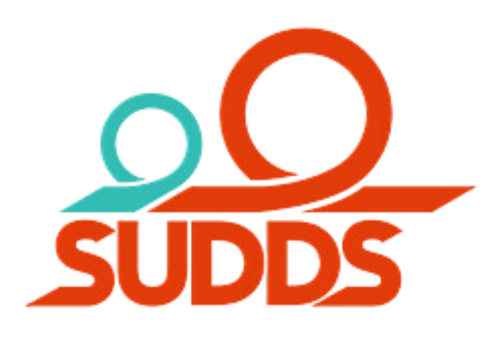

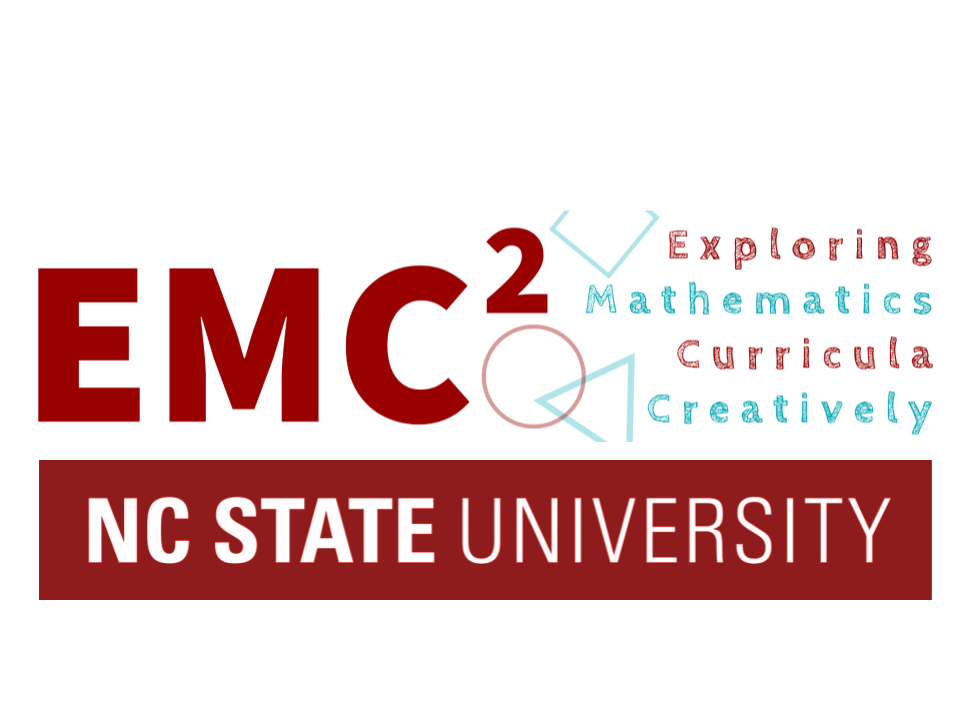
See how schools have utilized Design and Pitch Challenges in STEM in their districts!
ReMA Recycling Collection
Help your students to become more environmentally conscious, understand the importance of preserving natural resources, and develop innovative solutions to environmental challenges with our open-source recycling collection.
ReMA & JASON Learning have developed a hands-on curriculum and challenge for teachers and students nationwide to understand both the importance of recycling and the recycling industry.
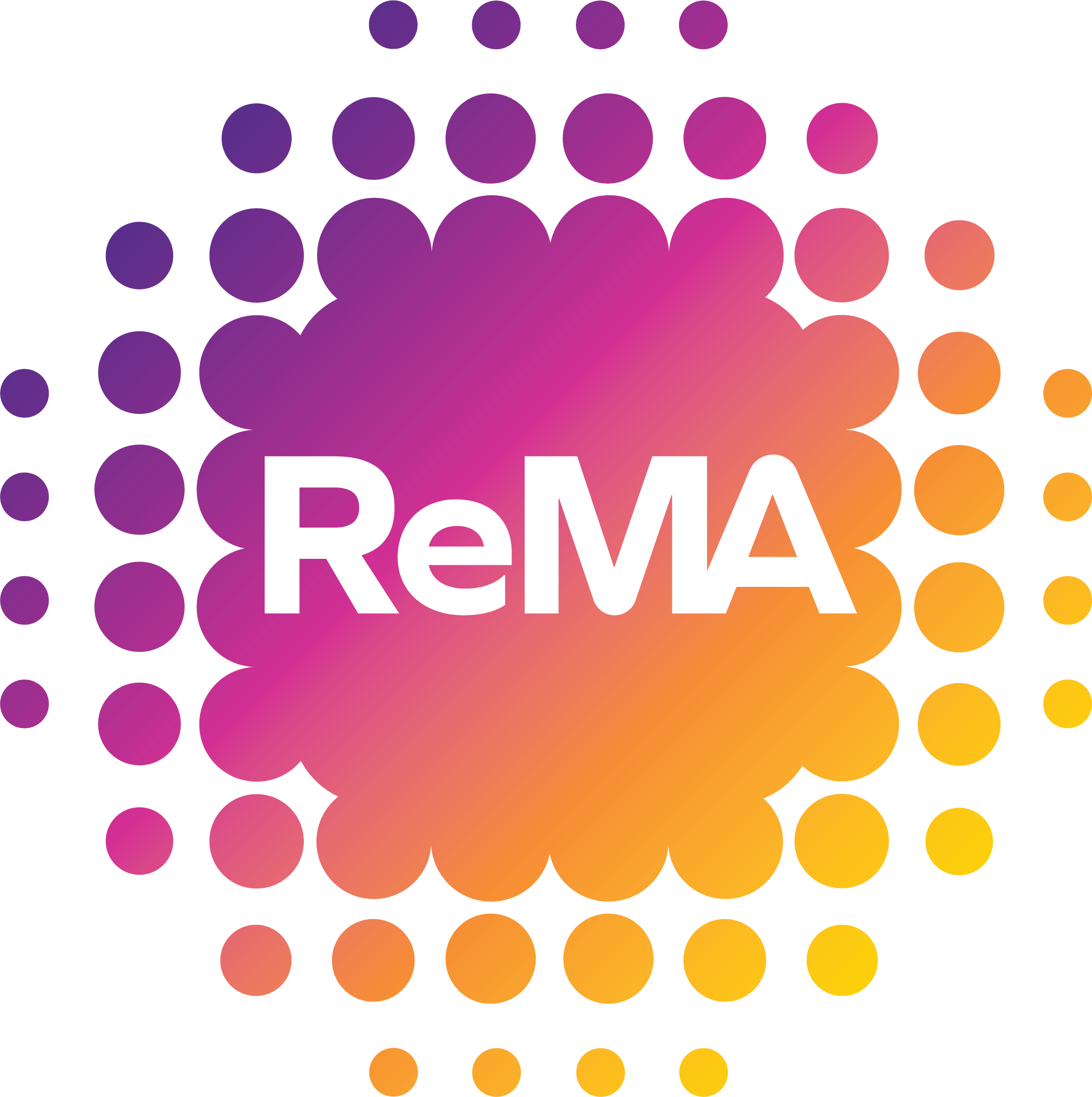
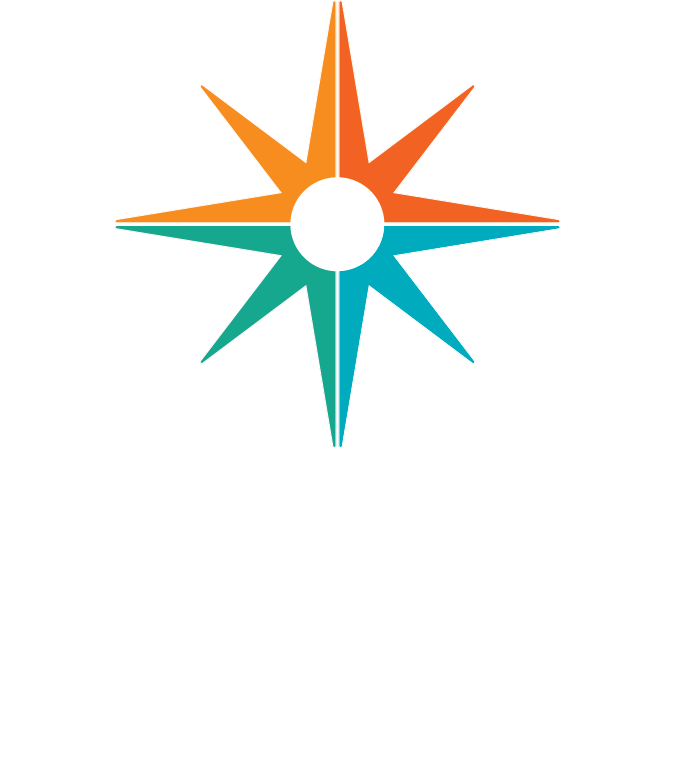
Connected Storm Sanctuary Design Thinking Mission
Presented by UScellular™ and JASON Learning
Created in collaboration with UScellular, this innovative STEM learning experience, middle and high school students will imagine and prototype solutions that use mobile technologies to create a better storm sanctuary: a temporary space where families can come together, connect, engage, and be safe during, and immediately after, a natural disaster.
By applying design thinking strategies, students are encouraged to achieve the best possible outcome for the end user, who could be a person, an organization, or even your whole community. This methodology draws on logic, imagination, and intuition, as well as knowledge and reasoning, to explore, design, and test possible solutions.
Click below for access
STEM Role Model Career Pathways
JASON Learning introduces students to careers in STEM through our live role model webcast series. In these live events, students meet scientists, engineers, designers, and other professionals who share their journey to their careers—from what sparked their passion to the courses they studied, the adventures they have been on, and their day-to-day experiences.
Take a journey into JASON’s past live events and explore the different career opportunities there are in STEM fields. Some of the industries covered are outlined below.
Virginia-Specific Open-Source Materials
SPARK — CTE: Advanced Manufacturing
The field of Advanced Manufacturing is at the center of innovation, providing exciting career opportunities in designing, building, and maintaining the devices and infrastructure that support our ever-changing world.
Free for school districts located in GO Virginia Region 5. Region 5 consists of the cities of Chesapeake, Franklin, Hampton, Newport News, Norfolk, Poquoson, Portsmouth, Suffolk, Virginia Beach, and Williamsburg; and the counties of Accomack, Isle of Wight, James City, Northampton, Southampton, and York.
- Enhancing with Peripherals
- Cultivating the Digital Thread
- Fabricating Composite Materials
SPARK: Setting Pathways that Activate Real-world Knowledge was developed in partnership between JASON Learning and Portsmouth Public Schools, supported by a GO Virginia Region 5 Economic Growth and Diversification grant.
Click below for access


VIMS — Marine Science: Microplastics
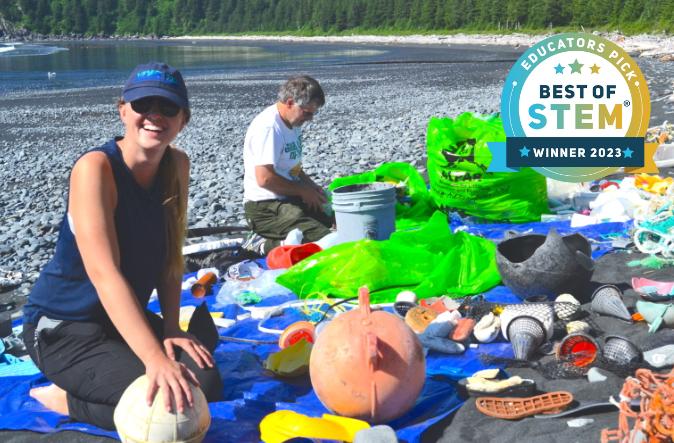
JASON Learning and the Virginia Institute for Marine Science (VIMS) have partnered to give students compelling information about our diverse waterways and the environmental impact of common but destructive practices with plastics and waste.
Click below for access
